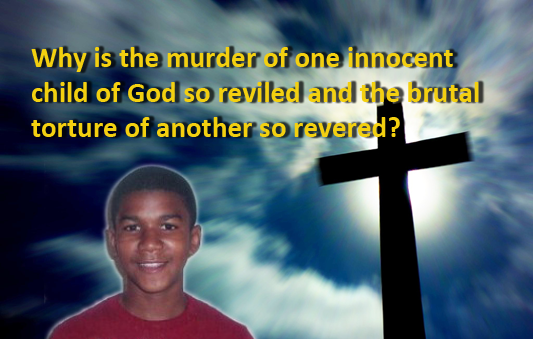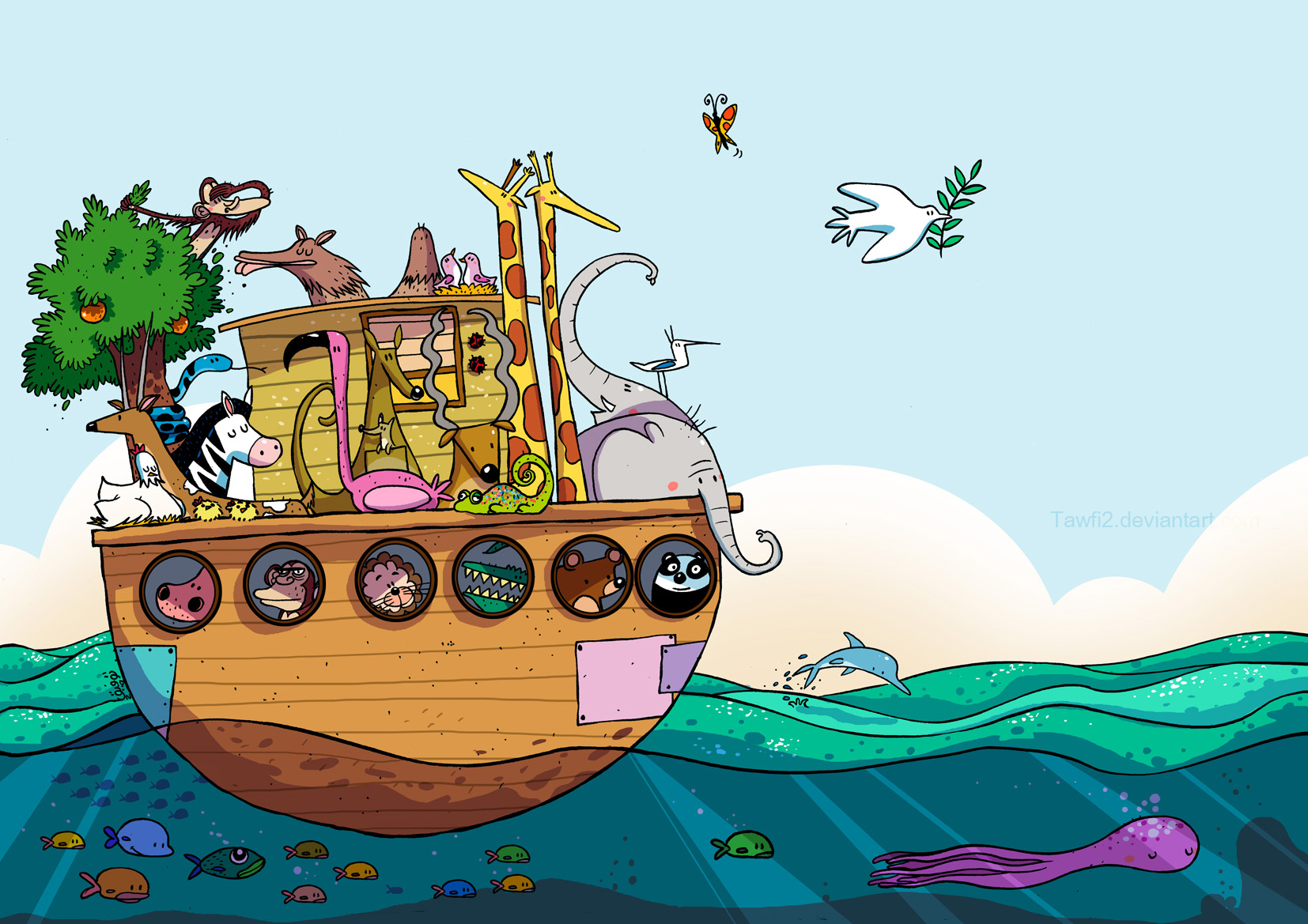 For years, I believed that Jesus died on the cross for my sins, and that I became a sinner the moment I took my first breath. That’s what I was told. Everyone around me believed it. As far as I was concerned, it was so—until I began to notice that something didn’t add up:
For years, I believed that Jesus died on the cross for my sins, and that I became a sinner the moment I took my first breath. That’s what I was told. Everyone around me believed it. As far as I was concerned, it was so—until I began to notice that something didn’t add up:
Jesus didn’t simply die; he was sadistically tortured to death. According to the scriptures, he was made to suffer for something others did, just as I was destined to be punished because of something Adam and Eve did. It made me think.
Is God unfair?
If asked if God is unfair, our natural response is, “Of course not!” But do we really believe that?
Yes or no: Is it fair to blame, harm or kill an innocent person for something someone else did? If not, we actually believe that God is unfair.
If we worship someone who treats others unfairly, what does that say about us? To be consistent, if we believe that satanically torturing an innocent man to death is the divine way to solve a problem, then we also must believe that society should jail or execute innocent people for crimes committed by their relatives, friends, co-workers and neighbors. Do we?
No. We live in an if “you do the crime, you do the time” society. Why? It’s only fair.
The truth is, we don’t believe in harming or punishing innocent people, and we don’t know any sane person who does. Yet we love it when God does it.
Would Love do that?
Like most Christians, I was repeatedly told that Jesus’s suffering was an act of godly love. Further, I should be grateful that God loved me so much that He would have Jesus brutally tortured instead of me. And if I didn’t believe that Jesus was tortured, I would be.
I had to wonder: Is it an act of love to torture someone to death? Whether it was for their mistake or someone else’s, is that what Love does?
Furthermore, what kind of person is grateful that an innocent man was executed for a crime he committed? Was I that kind of person? I surely hoped not.
Jesus viewed God differently than we do
The way Jesus viewed God completely contradicts the way the crucifixion story portrays God. Jesus’s view of God is the polar opposite of ours:
Through his Parable of the Prodigal Son, retold in Luke 15, Jesus revealed what kind of father he believed God to be. He related the story of an impatient, greedy son who wanted his inheritance from his father—immediately, thank you very much. Despite the disrespectful “I wish you were dead” implications of his younger son’s demand, the free-willing father bestowed him the inheritance.
How to become a prodigal in a few easy steps
The self-indulgent son and his party pals squandered every cent of the inheritance, quickly transforming this son of wealth into a pauper. He became a laborer on, of all things, a pig farm. He’d hit rock bottom. To this famished heir, even pig feed looked like a banquet.
What next? After treating his father as if he were dead, going back home was out of the question. It was doubtful that he’d ever be forgiven.
But, weighing his options—pig slop or groveling at his father’s feet—he wearily returned home, bracing himself for the verbal or severe physical beating he deserved. He’d be lucky if his father didn’t turn him away or have him stoned to death, as was the custom in those days—and remains so in cultures that are wed to the dictates of their ancient holy books. It is human nature to be vindictive.
We view God as humanly vindictive
What would the next scene look like, if we were writing the story of the Lost Son? How would the father in our story react to seeing the wayward son who had wished him dead and had wasted everything?
My guess is that our scene would start with an angry, judgmental rant, complete with expletives and name-calling. If he allowed his son to live, the father would probably punish him so harshly that he’d wish he had been stoned to death.
In our story, he probably would never regain his position as a beloved son. He had traded that for debauchery.
Jesus viewed God as divinely forgiving
 How did the father react in Jesus’s story? He spotted his prodigal son from a distance and ran to greet him with open arms. He clothed him in fine garments and ordered a feast, much to the dismay of his older and much more respectful son.
How did the father react in Jesus’s story? He spotted his prodigal son from a distance and ran to greet him with open arms. He clothed him in fine garments and ordered a feast, much to the dismay of his older and much more respectful son.
The father in Jesus’s story was unconditionally forgiving, unconditionally loving and totally merciful. Why? That is the way Jesus viewed God.
It was a perception that defied religious teachings and disturbed the religious order. They felt that chaos would erupt if people were not controlled by the threat of extremely harsh or deadly punishment. (We see how well that has worked.)
What if every child was told the same thing when they reached an age of comprehension: “Sweetheart, we live in a what-goes-around-comes-around world. Whatever you do here will be done to you. It’s called karma. It keeps everything in balance. Keep that in mind every waking minute of every day. Let that be your guiding light.”
If we believed that, like the father in Jesus’s parable, God gave all souls the free will to choose our consequences, this world probably would be less chaotic and more heavenly. We would always be thinking that if we steal, cheat, deceive, rape or murder, at some point in our eternal lives the same thing will happen to us. Consequently, we would never do anything that we would not want done to us.
Instead, we worship the ancient human view of God as a controlling, judgmental, vindictive villain, an enforcer, and alas, a sadist who unfairly murders His innocent child.
I have only one thing to say about that: Either Jesus was wrong—or we are.

 Rarely do I want to be that one, the bag lady. But for the next few weeks, I’ll be happily living out of suitcases. The first stop on my journey is the Balcony of Life, where I will stay until Easter is good and over.
Rarely do I want to be that one, the bag lady. But for the next few weeks, I’ll be happily living out of suitcases. The first stop on my journey is the Balcony of Life, where I will stay until Easter is good and over. 


 Wrong Lessons, Well Learned
Wrong Lessons, Well Learned